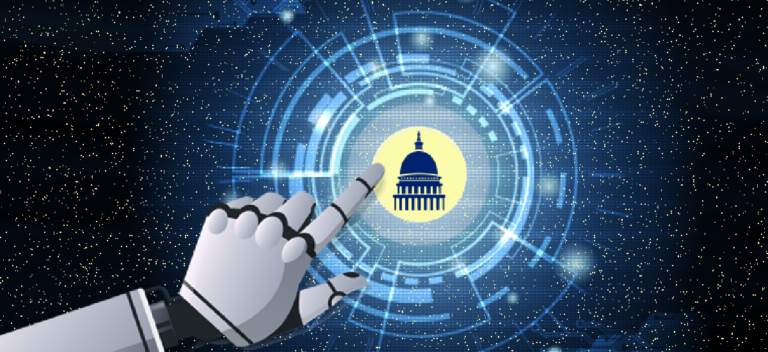
Public Records Access Amendment Proposed
Access to government records is something that’s generally expected of citizens but is hardly a codified right. Legislators in North Carolina are hoping to change that by proposing a constitutional amendment that would guarantee the right of access to public records and meetings in almost all cases.
Rather than being created simply to enshrine an expected right, the House and Senate bills that have been proposed are in response to a budget provision that allows legislators to shield documents from the public. In true American political fashion, the move to allow documents to be hidden was proposed by members of one political party and the amendment proposed by the other.
In this particular case, Democrats are proposing the amendment in response to Republicans, but Republicans have actually proposed a constitutional amendment to guarantee records access in the past. The Republican amendment proposed in 2011 was called the ‘Sunshine Amendment’ and was designed to increase access to public records and meetings.
The new amendment, proposed as HB 1075 and SB 911, is aimed at not limiting meeting and records access. While last year’s budget provision allows lawmakers to destroy or withhold information to keep it from the public, this short amendment makes public access the default state for records and spells out the only exceptions.
The relevant text of the bill can be found below:
>
“(1) The people of North Carolina have the right of access to information concerning the conduct of the people’s business. Public records are the property of the people. Meetings of public bodies should be open to the people. The records made, transmitted, or received by public officials and agencies, including the executive, legislative, and judicial branches of State government, and all bodies of local government, shall be open to public inspection, examination, and duplication. The meetings of all State and local public bodies shall be open to the public.(2) A statute, regulation, ordinance, rule, or other legal authority shall not limit the right of access to the meetings of public bodies and the records of public officials and agencies unless the public bodies, officials, or agencies can demonstrate that (i) a compelling public interest is protected by the limitation and (ii) the limitation is narrowly tailored to protect the public interest.
”
Outside of the provision included in last year’s budget, state lawmakers have flirted with other records laws in recent years. Other proposals, that were either vetoed or withdrawn included keeping death investigation records secret and keeping autopsy reports private until criminal cases are resolved.
Access to public records and accountability for public officials is a foundational aspect of the country. Just as important though, is the individual privacy of citizens, so when public records are made available it’s critical to be sure that any instances of personally identifiable information (PII) have been redacted. This is why Extract offers redaction software that automatically scans your documents, identifying and permanently redacting all instances of PII. The software can easily find traditional pieces of PII like a birth date or social security number and can also find more esoteric things like references to victims in court documents or discriminatory restrictive covenants in land records.
If you’d like to learn more about how our software works, please reach out to us and we’ll schedule an introductory call or demo of the software.


